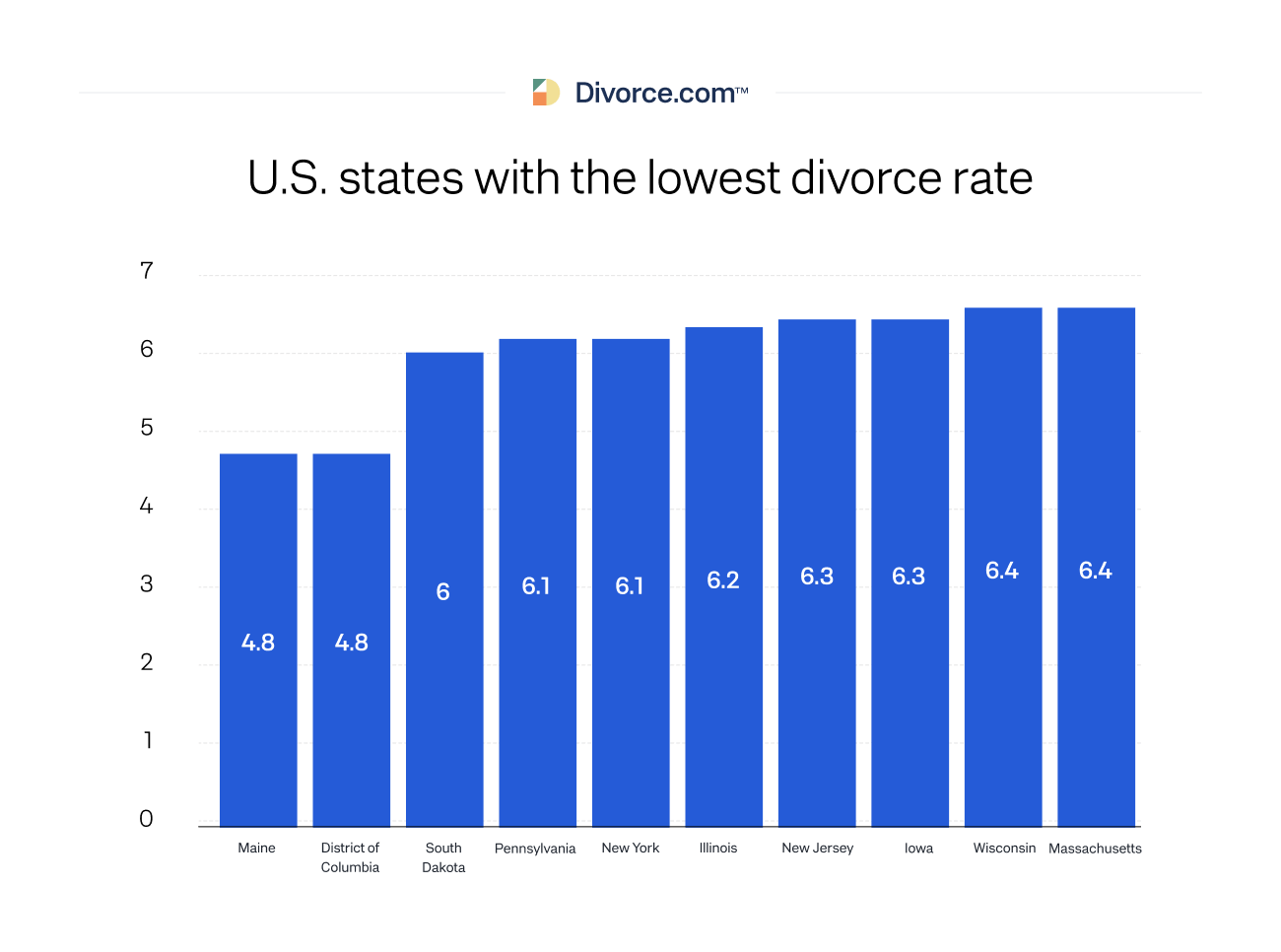Domestic Violence Awareness Month With Masters Law Group
October is Domestic Violence Awareness Month. It’s a time when communities throughout the U.S. come together to shed light on domestic violence and stand by survivors.
Almost 20 people in the United States experience physical abuse from an intimate partner every minute. This adds up to over 10 million women and men in a single year. Domestic violence is a widespread problem that touches people from all backgrounds. Its effects cause physical harm and emotional wounds that are endured for years.
In this blog, we’ll dive into the significance of Domestic Violence and how a family attorney can help bring positive change to the lives of survivors and their loved ones. Here’s what you need to know.
The Role of Domestic Violence Awareness Month
Domestic Violence Awareness Month serves a multitude of crucial purposes. It plays a vital role in increasing awareness about the gravity of domestic violence, effectively dispelling myths and stereotypes. By understanding the indicators and effects of abuse, individuals become better equipped to recognize and confront it. This month reinforces the message that survivors are not alone and that help is readily accessible.
Furthermore, Domestic Violence Awareness Month emphasizes the importance of prevention through educational efforts and community involvement. It fosters conversations about healthy relationships, consent, and bystander intervention. Let’s look at different types of abuse and how to identify it.
Understanding Domestic Violence
Domestic violence is a pattern of abusive behavior in a relationship, typically characterized by one partner using power and control over the other. Unfortunately, domestic violence knows no boundaries and can affect people of all genders, races, and socioeconomic backgrounds. Its far-reaching consequences impact the immediate victims and children who witness such abuse.
Domestic violence can manifest in various forms. Understanding how abuse occurs and intersects can help you safely respond to situations. Below are some ways to identify the different types of abuse.
- Physical abuse: This form is one of the most easily identified types. It involves physical violence, or threats of it, to maintain power over an individual. Because of this, survivors are afraid and uncertain when more abuse will occur. Physical abuse often reinforces the regular use of other, more subtle types.
- Emotional abuse: Has non-physical behaviors that are meant to control, isolate, or frighten someone. These behaviors are often more subtle and hard to identify but are just as serious as other types of abuse.
- Sexual Abuse: Sexual abuse is when a partner controls the physical and sexual intimacy in a relationship. This often involves acting in a way that is non-consensual and forced.
- Financial Abuse: Financial or economic abuse occurs when an abusive partner extends their power and control into your financial situation.
- Digital Abuse: Digital abuse uses technology and the Internet to bully, harass, stalk, intimidate, or control a partner. This behavior is often a form of verbal or emotional abuse conducted online.
The Role of Family Attorneys
Family attorneys are crucial in addressing domestic violence cases and helping survivors rebuild their lives. Family attorneys are well-versed in family law and can guide survivors seeking protection orders, custody arrangements, and divorce proceedings. They help ensure that legal measures are in place to protect survivors and any children involved. These plans include finding safe housing, accessing resources, and establishing communication protocols with law enforcement. Here are some of the following resources they can use to help:
Child Custody and Visitation: Family attorneys advocate for the child’s best interests in cases involving children. They work to secure custody arrangements that protect the child from further harm and facilitate healing.
Restraining Orders: Family attorneys can help survivors obtain orders of protection, which legally prohibit the abuser from contacting or approaching the survivor. These orders provide a crucial layer of protection.
Advocacy in Court: Family attorneys are the voice of survivors in legal proceedings. They present evidence, argue, and advocate for their clients’ rights and safety, ensuring the survivor’s perspective is heard and respected.
Attorneys often have networks of professionals and organizations in domestic violence support, including counselors, shelters, and support groups. They can connect survivors with these resources to aid in their recovery.
Working With Masters Law Group
When going through a domestic dispute, it is often beneficial to seek assistance from family law professionals who have experience navigating the legal aspects of separation, divorce, and mediation. The experienced family law attorneys at Masters Law Group can advise on the legal aspects of your divorce. We can help you understand your rights, obligations, and options for resolving disputes while providing valuable guidance and support. Our main goal is to ensure that your rights and the best interests of your children are protected. Here are some of the areas that can help you navigate:
Parenting Time: If you have children, work closely with your attorney to determine the best child custody and visitation arrangements. Ensure that the agreed-upon arrangements prioritize your children’s well-being and best interests.
Mediation: Explore options such as mediation or collaborative divorce to help you and your ex-spouse reach mutually beneficial agreements outside of court. Your family law attorney can guide you through these processes and represent your interests during negotiations.
Post-divorce disputes: After the divorce is finalized, there may be circumstances that require modifications to child custody, visitation, or support arrangements. Stay in touch with your attorney to address any changes or issues that may arise in the future.
Remember, during this challenging period, Masters Law Group is here to support you and your legal rights. Working with our trusted attorneys can help alleviate the stress associated with domestic disputes, ensuring a smoother transition for both you and your children.
COMMUNITY RESOURCES
Chicago offers a range of important community resources for those affected by domestic violence. The Domestic Violence Legal Clinic provides legal assistance and advocacy services, ensuring survivors can access legal remedies. Apna Ghar offers culturally sensitive support and shelter to immigrant and refugee survivors. The Chicago Metropolitan Battered Women’s Network serves as a comprehensive resource hub, connecting survivors to various shelters, counseling, and legal aid services throughout the city.
Additionally, the Illinois Domestic Violence Hotline operates 24/7, offering immediate assistance, information, and referrals to those in crisis. These organizations and many others in Chicago are vital in providing support, resources, and community connections for individuals affected by domestic violence.
Final Thoughts
Domestic Violence Awareness Month serves as a reminder that domestic violence is a grave issue that affects countless lives. At Masters Law Group, our attorneys play an essential role in helping survivors break free from abusive situations and rebuild their lives. As we observe Domestic Violence Awareness Month, let us reaffirm our commitment to raising awareness, supporting survivors, and working together to create a world free from domestic violence.
Contact us today to discover how we can guide you toward a brighter, safer future.



